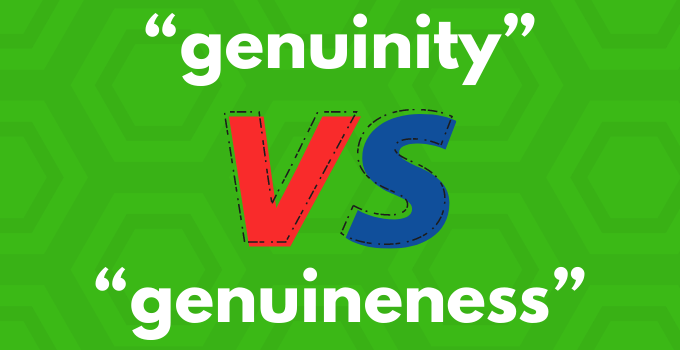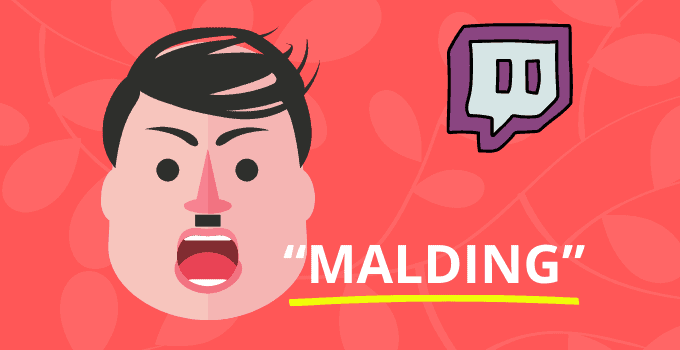English is filled with expressions and phrases that only make sense depending on the context. For instance, when someone says “whatever,” they could mean one of several things. They could be indifferent to the question asked, they might be dismissive towards the person asking the question, or they might be feeling plain hostility and irateness. …
Vocabulary
The Internet has changed many things about life, so it’s perhaps no surprise that it’s changed the way we use English as well. The origins of Internet slang are varied, ranging from technological meanings that have morphed into verbal shortcuts to references to badly spelled memes to even further and stranger things. In this article, …
And today’s topic is… pants! Wait, no, I mean the topic is trousers. Or is it slacks? Actually, we’re going to take a look at all three of these near-synonyms and figure out what, if anything, is the difference between slacks, pants, and trousers. Table of Contents Difference between Pants, Trousers, and Slacks Pants: the …
Let’s have a look at the word “genuine.” If we wanted to turn it into a noun, should we use the suffix “-ness,” giving us “genuineness,” or should we use the suffix “-ity” to produce the word “genuinity”? Well, let’s find out! Is it “genuinity” or “genuineness”? The correct answer is “genuineness.” That’s the …
The above sentence might seem trivial to you, but there is actually more to it than meets the eye. Obviously, people laugh at funny things. Yet, there is something odd about laughter itself. We laugh before we can even speak, and it is a unique way for us to bond with other people. Books have …
If you’ve ever watched the news in the United States of America, you’ve undoubtedly come across the expression “the tri-state area.” You might have heard it during a weather report, a crime report, or something that had to do with the elections. Moreover, “tri-state areas” have been mentioned in countless movies, TV shows, and radio …
Language can tell us a lot about the culture surrounding it. This becomes all the more obvious when you look at words that are not translatable from one language to another. For instance, in Japan, there is an art called “kintsugi,” where broken pottery is fixed using powdered gold. At first glance, this may come …
There are certain words and expressions in the English language that don’t come by often, but when they do, they stick out from the rest and become memorable. What makes these words and expressions unique can be one of many things. Some of them sound pleasant, while others may make you cringe. After all, a …
In any language, there are unique and interesting expressions that sprout up from time to time. These expressions tend to originate in a certain area, and some of them end up spreading all over the globe. Additionally, some of these expressions are the basis for other new expressions in turn. “Catch these hands” is one …









